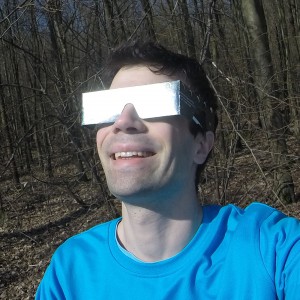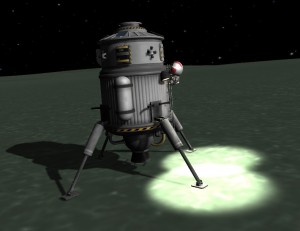Muscle Memory
During my ongoing literature review I often discover interesting facts about things I’ve never thought about. Sometimes I can connect these facts with my own observations: The result is mostly a completely new idea why things are as they are. Maybe these ideas are new to you, too. Therefore I’ll share my new science based knowledge with you!
This week: This time, I think about the importance of the muscle memory for the gameplay of computer games.
Muscle memory [1] is a special form of procedural memory [2] which involves internalizing motor tasks through repetition. After a long-term muscle memory is created for a certain task, the task can be performed without conscious effort. The process of internalizing motor tasks increases the efficiency by reducing the reaction time to a minimum.
This process can be explained with the process of upshifting a car. At first, we need to understand the utilization of the clutch and the gearshift. Over time, we start to internalize this process and upshifting becomes a natural process.
Muscle memory plays also a key role in typing on a keyboard as it helps us to focus on the content and limits the time we need to find the right keys on the keyboard. As we get used to write on a computer, typing on a keyboard becomes a natural process and we can use our brainpower to contextualize our thoughts.
Computer game players master the muscle memory of utilizing the keyboard as they are challenged by the games to react to a certain situation within a short amount of time. The player has to focus on the gameplay on the screen and has to react to the situation via inputs over the keyboard and the mouse. On the one hand, this process requires a good hand-eye-coordination, as the player has to perform precise inputs in order to exhaust the challenge. On the other hand, performing precise inputs in time can be only done if the process is a memorized task.
In most of the cases, the keyboard is used as an interface to control the own movement inside a computer game. The main movement inputs have become standardized across all computer games. Pressing „W“ results in a forward movement whereas pressing „S“ allows the players to move backwards. „A“ and „D“ are used for a movement to the left and to the right. Pressing the spacebar mostly triggers a jump in the game.
During the gameplay, computer game players constantly repeat these inputs to move through the virtual worlds. This leads to a highly developed muscle memory for these key movement actions. It becomes natural to the players to place their left hand on the keyboard with the fingertips on the W, A, S, D keys and the right hand on the mouse once they are entering the virtual world of a computer game. Inside such a virtual world, experienced computer gamers can perform precise movements without being required to look at the keyboard as they have completely internalized the utilization of the keyboard.
Recently, I was surprised as I observed that I place my hands on the mouse and on the keyboard with the fingertips on these important keys every time I want to do some work on my computer. Yep, I’m a gamer …


